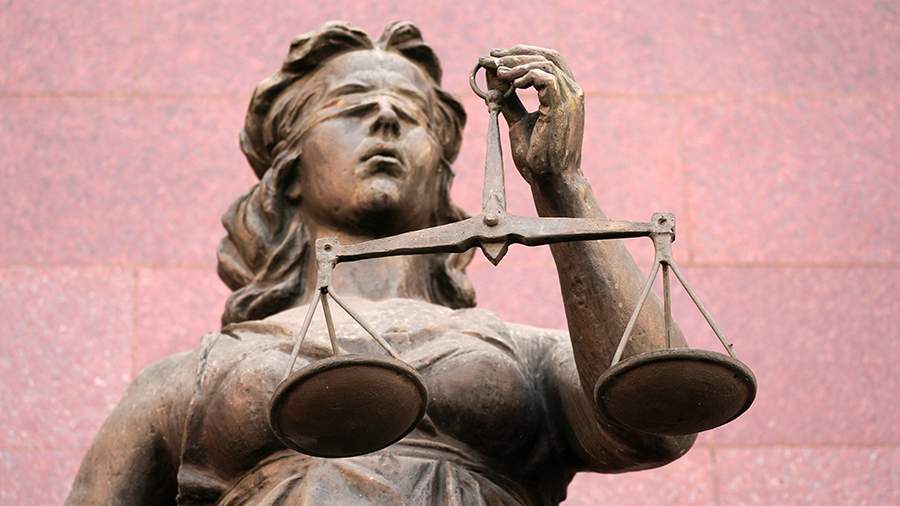The expert spoke about the application of artificial intelligence in jurisprudence
- Новости
- Internet and technology
- The expert spoke about the application of artificial intelligence in jurisprudence

Artificial intelligence (AI) helps lawyers in automating routine operations - drafting various standard contracts, preparing legal opinions, statements of claim and claim documents. And also with the analysis of documents: it highlights potential risks in the wording of contracts, stylistic/factual errors in the text. This was told to "Izvestia" on January 5 by Julia Nikitina, director of legal support of the AIRI Institute.
According to her, in consulting, many lawyers use AI to write formal letters to clients.
"Some countries have started to introduce AI solutions into judicial practice. The question of the ethics of this approach and, in general, the question of the appropriateness of using AI technologies for the administration of justice is quite controversial. If we are talking about the use of AI to perform the functions of a court clerk (in particular, to record and register correspondence received by the court, to send subpoenas and other procedural documents to the parties to the trial, to draw up writs of execution, etc.) - such integration of AI into judicial activities seems to be acceptable," the expert said.
However, she noted that it is inadmissible for AI to interfere in the formation of the judge's position on the case, which may consist, in particular, in modeling legal arguments based on a distorted interpretation of the actual circumstances of the case. The final decision in any case should remain with the judge, Nikitina emphasized.
"In general, I would like to emphasize that everything that AI does should be carefully checked. Of course, when it comes to writing letters or drafting standard documents, at this stage artificial intelligence is quite capable of handling this task. However, when it comes to more complex issues, now is not the time to fully rely on AI," she added.
At the same time, the expert expressed the opinion that it would be useful to introduce a discipline related to the formulation of queries for generative neural networks into the educational programs of law schools, faculties.
"However, it is necessary to realize that replacing a live specialist with AI in jurisprudence is absolutely impossible at the moment. Nevertheless, the integration of digital technologies into legal practice helps to optimize work processes, makes a lawyer's work more interesting and dynamic, allowing for more creative and strategic tasks and opening new horizons for further career development," Nikitina said.
She suggested that the introduction of AI in legal activities will help to a certain extent to minimize the likelihood of professional burnout, which is very common in the legal profession, significantly reducing the amount of monotonous activities and allowing more time for leisure.
Earlier, on December 26, Deputy Prime Minister Dmitry Chernyshenko said that Russia is one of the world leaders in the development of artificial intelligence technologies. According to him, Russian scientists have unique neural processors and mathematical models.
Переведено сервисом «Яндекс Переводчик»

